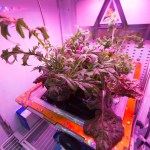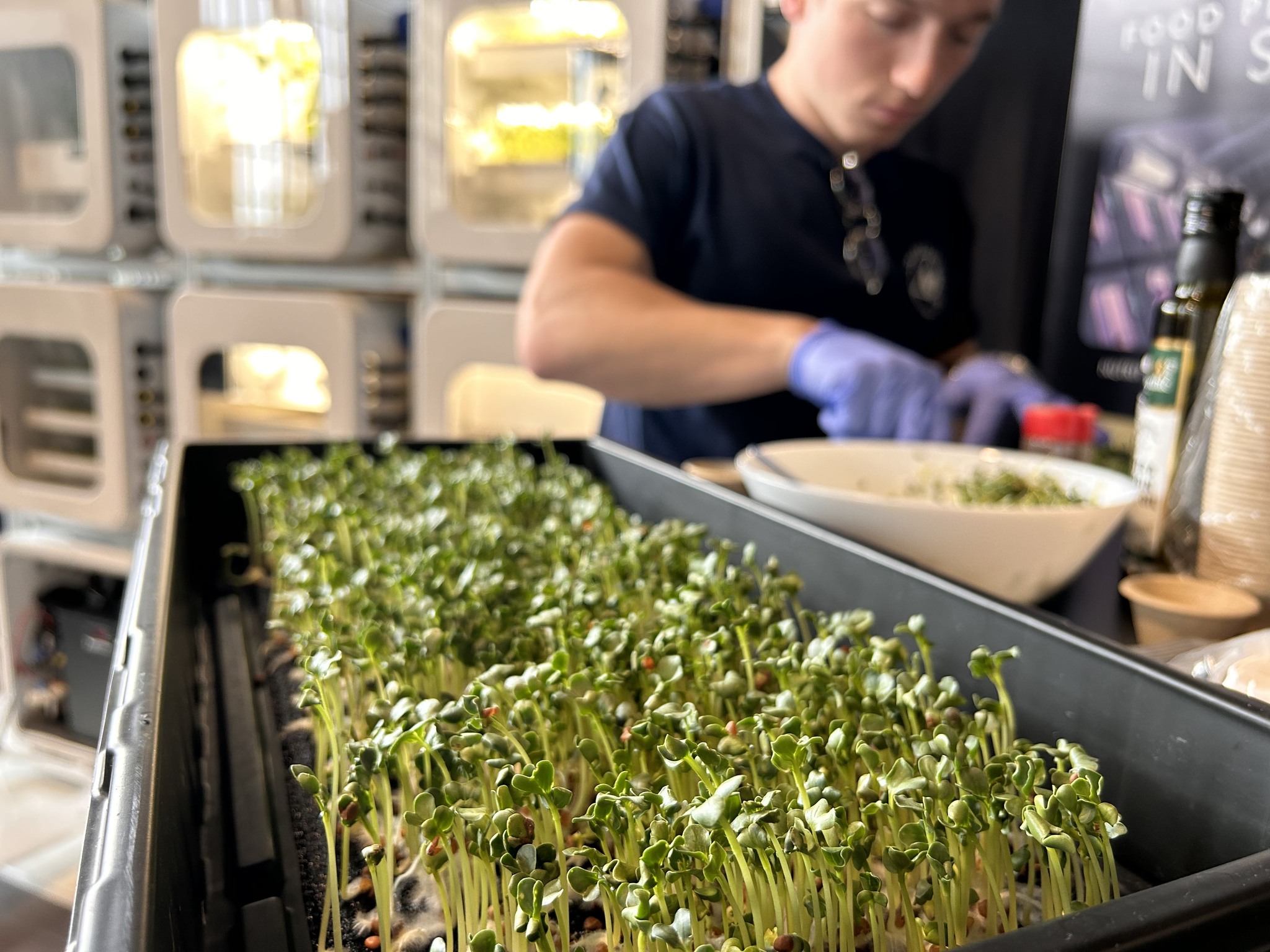In coordination with the Canadian Space Agency, NASA has opened the Deep Space Food Challenge. The goal is to generate novel food production technologies or systems that require minimal resources and produce minimal waste, while providing safe, nutritious, and tasty food for long-duration human exploration missions. “NASA, in partnership with the Methuselah Foundation, will oversee United States and international competitors.”
Advanced food systems will have benefits here on Earth, too. Solutions from this challenge could enable new avenues for food production around the world, especially in extreme environments, resource-scarce regions, and in new places like urban areas and in locations where disasters disrupt critical infrastructure.
The Deep Space Food Challenge is a NASA Centennial Challenge, which is managed by NASA’s Marshall Space Flight Center in Huntsville, Alabama and launched in parallel in Canada by the Canadian Space Agency. Subject matter experts at NASA’s Johnson Space Center in Houston and NASA’s Kennedy Space Center in Florida support the competition. Centennial Challenges are part of the Prizes, Challenges and Crowdsourcing program within NASA’s Space Technology Mission Directorate. NASA has contracted the Methuselah Foundation to support the management of domestic and international competitors for this challenge.

On Aug. 16, NASA will announce the final Phase 3 winners and award up to $1.5 million during the awards ceremony.
NASA invites the media and public to explore the nexus of space and food innovation at the agency’s Deep Space Food Challenge symposium and winners’ announcement at the Nationwide and Ohio Farm Bureau 4-H Center in Columbus, Ohio, on Friday, Aug. 16.
Learn More about NASA Invites Media, Public to Attend Deep Space Food Challenge Finale

NASA is kicking off the final phase of the Deep Space Food Challenge to help feed the astronauts of the future.

NASA has announced eight winning teams and awarded $750,000 in prizes in the second phase of the agency’s Deep Space Food Challenge. The winning teams will move on to compete in the third and final phase of the challenge.

The goal is to generate novel food production technologies or systems that require minimal resources and produce minimal waste, while providing safe, nutritious, and tasty food for long-duration human exploration missions.

The Deep Space Food Challenge calls on teams to design, build, and demonstrate prototypes of food production technologies that provide tangible nutritional products – or food.

NASA has selected 18 U.S. teams to receive a total of $450,000 for ideas that could feed astronauts on future missions.

In coordination with the Canadian Space Agency, NASA has opened the Deep Space Food Challenge.

NASA’s Centennial Challenges is finishing up the Deep Space Food Challenge through an eight-week demonstration and testing period this summer. Meet the four Ohio State University food science students demoing the five U.S. finalists’ technologies.

On Aug. 16, NASA will announce the final Phase 3 winners and award up to $1.5 million during the awards ceremony.
Challenge
Jennifer Edmunson (Acting Program Manager)
Marshall Space Flight Center, Huntsville, Ala.
[email protected]
Media Inquiries
Lane Figueroa
Marshall Space Flight Center, Huntsville, Ala.
[email protected]


发表回复